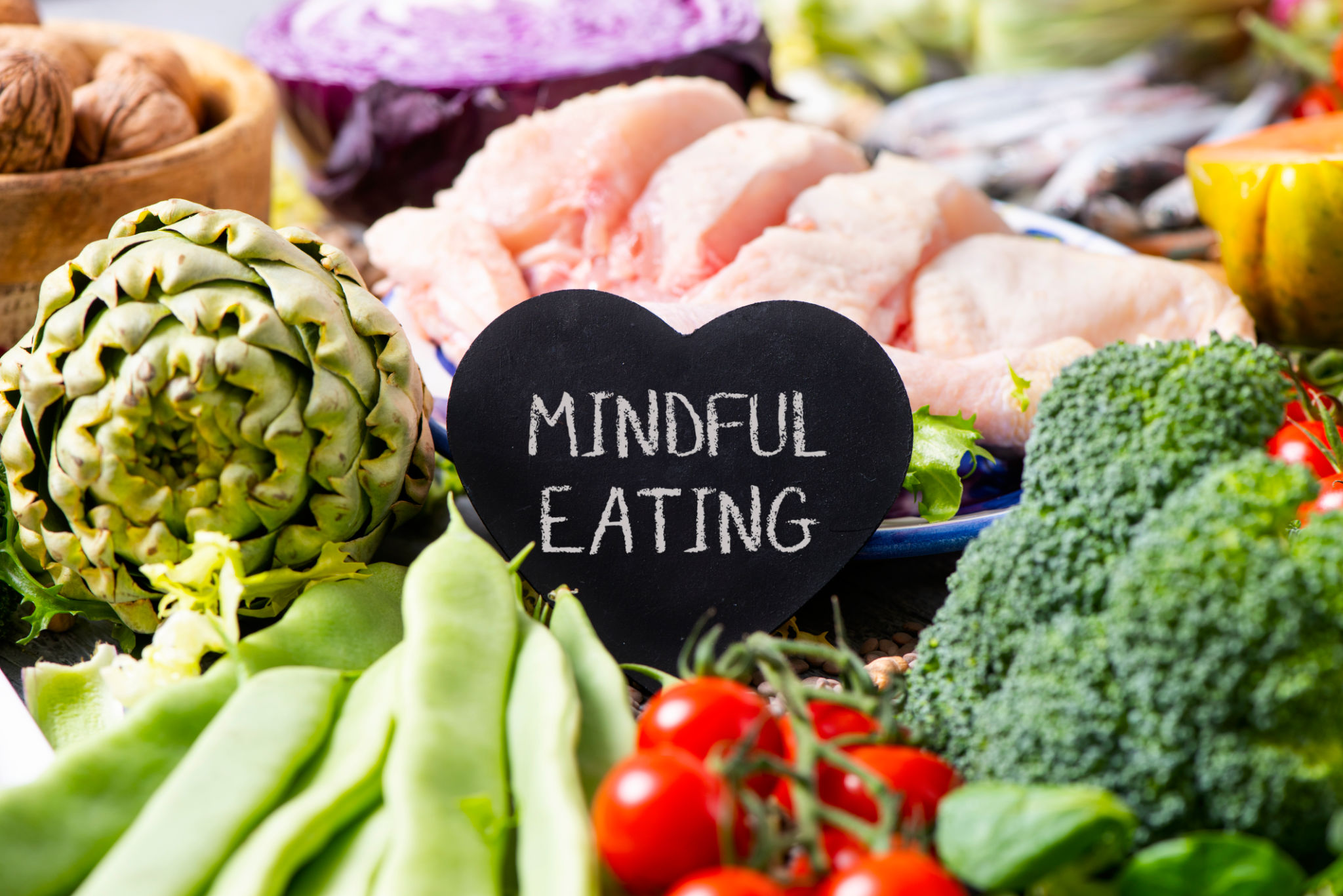How to Build a Healthy Relationship with Food: A Beginner's Guide
Understanding Your Relationship with Food
Building a healthy relationship with food is essential for overall well-being. It’s about finding balance, understanding your body's needs, and enjoying the experience of eating without guilt or stress. Many people struggle with this relationship due to societal pressures, dietary myths, and personal experiences. Recognizing these influences is the first step in making positive changes.

Recognizing Emotional Eating
Emotional eating occurs when food is used as a way to cope with feelings rather than to satisfy hunger. Identifying emotional triggers can help you manage this. Ask yourself: Are you eating because you're hungry, or are you bored, stressed, or sad? Keeping a journal can be beneficial in recognizing patterns and triggers.
Once you identify these triggers, try to find alternative coping mechanisms. This could include talking to a friend, engaging in physical activity, or practicing mindfulness techniques. Developing these strategies can help reduce the reliance on food for emotional comfort.
Focusing on Nutrient-Dense Foods
One of the key components of a healthy relationship with food is focusing on nutrient-dense foods that nourish your body. This means prioritizing fruits, vegetables, whole grains, lean proteins, and healthy fats. These foods provide essential nutrients that support bodily functions and improve mood and energy levels.

When choosing foods, consider how they make you feel both physically and emotionally. Foods that are high in sugar and processed ingredients may offer temporary satisfaction but often lead to energy crashes and feelings of guilt. Aim for a balanced plate that includes a variety of colors and textures.
Practicing Mindful Eating
Mindful eating is about paying full attention to the experience of eating and enjoying your food without distractions. It involves savoring each bite, noticing flavors and textures, and listening to your body's hunger and fullness cues. This practice can help you develop a more positive relationship with food by fostering gratitude and awareness.

To start practicing mindful eating, try the following steps:
- Eat without distractions, such as TV or smartphones.
- Chew slowly and savor each bite.
- Pause between bites to assess your hunger levels.
- Focus on the flavors and aromas of your food.
Avoiding Diet Culture
Diet culture promotes restrictive eating habits and often leads to an unhealthy relationship with food. Instead of focusing on dieting, embrace a balanced approach that includes all food groups in moderation. Remember that foods are not inherently "good" or "bad," and it's important to allow yourself occasional treats without guilt.
By rejecting diet culture, you can shift the focus from weight loss to overall health and well-being. This change in perspective can help reduce anxiety around food choices and promote a more sustainable lifestyle.
Setting Realistic Goals
Setting achievable goals can guide you on your journey toward a healthier relationship with food. Start with small changes that can be easily incorporated into your daily routine, such as drinking more water or preparing home-cooked meals more frequently. Celebrate your successes along the way, no matter how small.

Remember that building a healthy relationship with food takes time and patience. Be kind to yourself during this process and recognize that setbacks are a natural part of any journey. By maintaining a positive attitude and staying committed to your goals, you can develop a healthier, more mindful approach to eating.